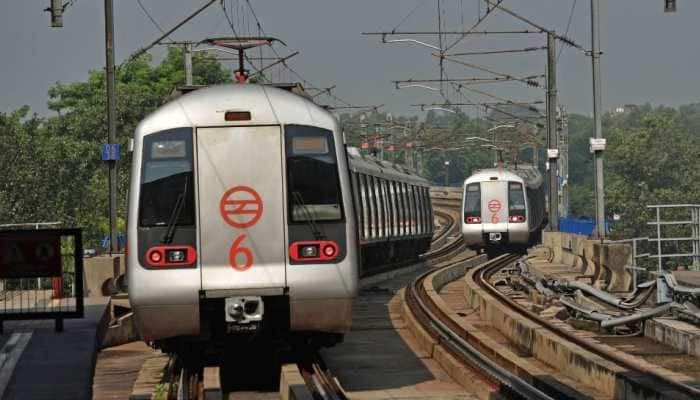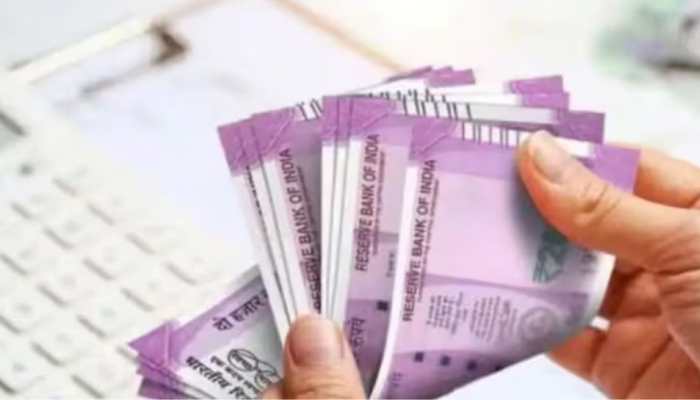Centre government's role in appointment of Supreme Court judges explained
The Central government on Wednesday cleared the appointment of senior advocate Indu Malhotra as a judge of the apex court, but it is yet to decide on elevating Uttarakhand High Court Chief Justice KM Joseph to the Supreme Court.
Trending Photos
)
NEW DELHI: The Central government on Wednesday cleared the appointment of senior advocate Indu Malhotra as a judge of the apex court, but it is yet to decide on elevating Uttarakhand High Court Chief Justice KM Joseph to the Supreme Court.
As per reports, the apex court collegium's file recommending the elevation of Justice Joseph and Indu Malhotra reached the Law Ministry on January 22. After processing the file in the first week of February, the recommendations were kept in abeyance as the government wanted to elevate only Malhotra.
While the government does not explicitly have a role in the appointment of judges to the Supreme Court, it holds a veto power by which a recommendation from the judiciary for the appointment of a judge can be stalled.
As per the rules, the Chief justice of India in consultation with four top-most judges recommend the elevation of high court judges to the apex court. The CJI then needs to submit this recommendation to the Central government as part of the record. The final recommendations of the CJI, Union Minister of Law, Justice and Company Affairs are given to the Prime Minister who advises the President in the matter of appointment.
Once signed by the President, the Secretary to the Government of India in the Department of Justice announces the appointment and the necessary notification in the Gazette of India is issued.
Here are the procedure of appointment of judges of Supreme Court:
- Whenever a vacancy is expected to arise in the office of a Judge of the Supreme Court, the Chief Justice of India will initiate proposal and forward his recommendation to the Union Minister of Law, Justice and Company Affairs to fill up the vacancy.
- The opinion of the Chief Justice of India for appointment of a Judge of the Supreme Court should be formed in consultation with a collegium of the four seniormost puisne Judges of the Supreme Court. If the successor Chief Justice of India is not one of the four seniormost puisne Judges, he would be made part of the collegium as he should have a hand in selection of Judges who will function during his term as Chief Justice of India.
- The Chief Justice of India would ascertain the views of the seniormost Judge in the Supreme Court, who hails from the High Court from where the person recommended comes, but if he does not have any knowledge of his merits and demerits, the next seniormost Judge in the Supreme Court from that High Court should be consulted.
- The requirement of consultation with a Judge of the Supreme Court would not be confined to that Judge only who has that High Court as a parent High Court and, therefore, would not exclude Judges who have, on transfer, occupied the office of a Judge or Chief Justice of that High Court.
- The opinion of members of the collegium in respect of each of the recommendations as well as the seniormost Judge in the Supreme Court from the High Court, from which a prospective candidate comes, would be made in writing and the Chief Justice of India, in all cases, must transmit his opinion as also the opinion of all concerned to the Government of India as part of record. If the Chief Justice of India or the other members of the Collegium elicit views, particularly those from the non-Judges, the consultation need not be in writing but he, who elicits the opinion, should make a memorandum thereof and its substance in general terms which should be conveyed to the Government of India.
- After receipt of the final recommendation of the Chief Justice of India, the Union Minister of Law, Justice and Company Affairs will put up the recommendations to the Prime Minister who will advise the President in the matter of appointment.
- As soon as the appointment is approved, the Secretary to the Government of India in the Department of Justice will inform the Chief Justice of India and obtain from the person selected a certificate of physical fitness signed by a Civil Surgeon or a District Medical Officer. The Medical Certificate is to be obtained from all persons selected for appointment whether they are at the time of appointment in the service of the State or not. The certificate should be in the form annexed.
- As soon as the warrant of appointment is signed by the President, the Secretary to the Government of India in the Department of Justice will announce the appointment and issue the necessary notification in the Gazette of India.
Stay informed on all the latest news, real-time breaking news updates, and follow all the important headlines in india news and world News on Zee News.
Live Tv







)
)
)
)
)
)
)
)
)
)
